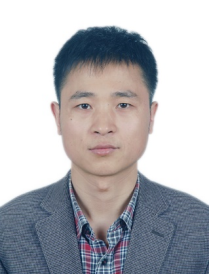Keynote Speakers of ISEAE 2025
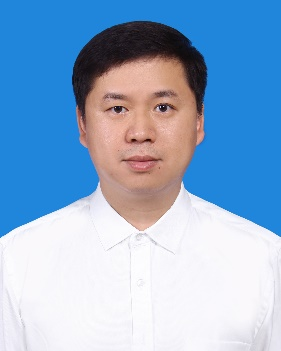 | Prof. Bin Zhou Harbin Institute of Technology, China Zhou Bin is a recipient of the National Outstanding Youth Science Fund; an awardee of the National Hundred Excellent Doctoral Dissertations; a recipient of the Chinese Youth Science and Technology Innovation Award; a recipient of the Excellent Young Scientists Fund from the National Natural Science Foundation; a winner of the Second Prize of the National Natural Science Award; a selected member of the Education Ministry's New Century Excellent Talents Support Program; and a recipient of the First Prize of the Natural Science Award from the Chinese Association of Automation (ranking first). He is a professor and doctoral supervisor at the Harbin Institute of Technology, and the director of the Control Theory and Guidance Technology Research Center. His research interests include time-varying systems, nonlinear control, multi-agent systems, spacecraft control, and aircraft guidance and control. He has published over 200 papers in top journals in the field, such as Automatica, IEEE Transactions on Automatic Control, and SIAM Journal on Control and Optimization. He currently serves on the editorial boards of international journals including Automatica, IEEE Transactions on Automatic Control, IEEE Transactions on Aerospace and Electronic Systems, and IEEE Transactions on Systems, Man, and Cybernetics: Systems. |
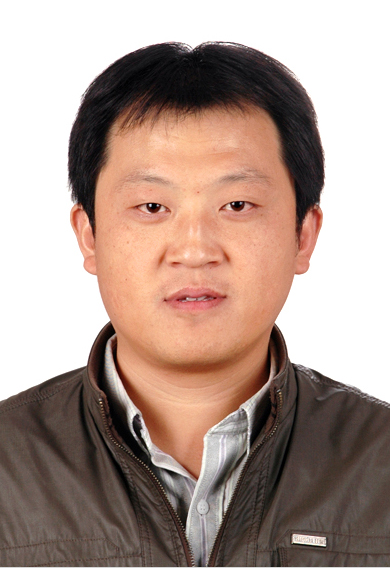 | Prof. Guangchen Wang Shandong University, China Guangchen Wang received the B.S. degree in mathematics from Shandong Normal University in 2001, and the Ph.D. degree in probability theory and mathematical statistics from the School of Mathematics and System Sciences, Shandong University in 2007. From July 2007 to August 2010, he served as a Lecturer at the School of Mathematical Sciences, Shandong Normal University. He joined the School of Control Science and Engineering, Shandong University as an Associate Professor in September 2010, where he has been a Full Professor since September 2014. His research interests include stochastic control, nonlinear filtering, and mathematical finance. He is the Recipient of Outstanding Young Project of the National Natural Science Fund. |
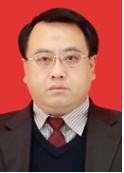 | Prof. Xiaowu Mu Zhengzhou University, China Xiaowu. Mu, a distinguished professor and doctoral supervisor at Zhengzhou University, received his Bachelor's, Master's, and Doctoral degrees from Peking University in 1983, 1988, and 1991, respectively. Since 1993, he has enjoyed the State Council Special Allowance for Outstanding Contributions. From 2006 to 2017, he served as a member of the Undergraduate Teaching Guidance Committee of Education Department. Since 2021, he has served as the Executive Director and Vice Chairman of Henan Mathematical Society. He was selected for the 2024 edition of the World’s Top 2% Scientists list. His research primarily focuses on Nonlinear Systems, Stochastic Hybrid Systems, Networked Systems, and Multi-Agent Systems. He has led four projects supported by the National Natural Science Foundation of China and published over 180 high-level academic papers. |
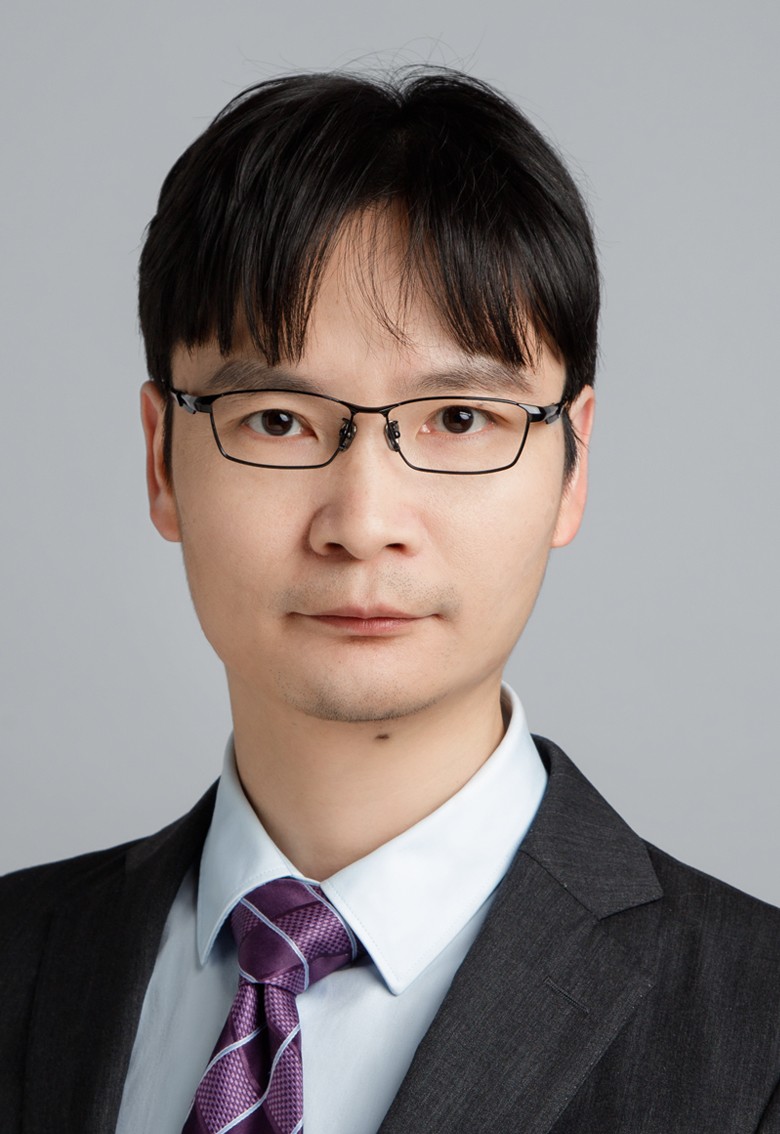 | Prof. Derui Ding University of Shanghai for Science and Technology, China Derui Ding received the Ph.D. degree in Control Theory and Control Engineering in 2014 from Donghua University, Shanghai, China. He is currently aprofessor in University of Shanghai for Science and Technology, Shanghai, China. His research interests include distributed control, filtering and optimization, learning-based control as well as data mining. He was a Highly Cited Researcher in 2019 and 2020 according to Clarivate Analytics. He was the recipient of the 2021 Nobert Wiener Review Award from IEEE/CAA Journal of Automatica Sinica, and the 2020 and 2022 Andrew P. Sage Best Transactions Paper Awards from the IEEE Systems, Man, and Cybernetics (SMC) Society. He is a Senior Member of both the Chinese Association of Automation (CAA) and the Institute of Electrical and Electronic Engineers (IEEE). He is serving as a Deputy Editors-in-Chief for International Journal of Network Dynamics and Intelligence, an Associate Editor for IEEE Transactions on Industrial Informatics, IEEE/CAA Journal of Automatica Sinica, Neurocomputing and IET Control Theory & Applications |
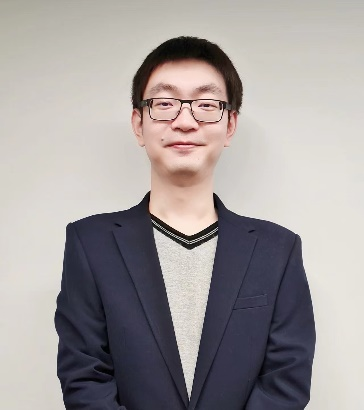 | Dr. Weibo Liu Brunel University of London, UK Weibo Liu received the B.S. degree in electrical engineering from the Department of Electrical Engineering & Electronics, University of Liverpool, Liverpool, U.K., in 2015, and the Ph.D. degree in artificial intelligence in 2020 from the Department of Computer Science, Brunel University London, Uxbridge, U.K. He is currently a Lecturer in the Department of Computer Science, Brunel University London, Uxbridge, U.K. His research interests include intelligent data analysis, evolutionary computation, transfer learning, machine learning and deep learning. He was the recipient of the 2019 Chinese Government Award for Outstanding Self-financed Students Abroad. He is a Member of the Institute of Electrical and Electronic Engineers (IEEE). He serves as an Associate Editor for the Journal of Ambient Intelligence and Humanized Computing and the Journal of Cognitive Computation. He is a very active reviewer for many international journals and conferences. |
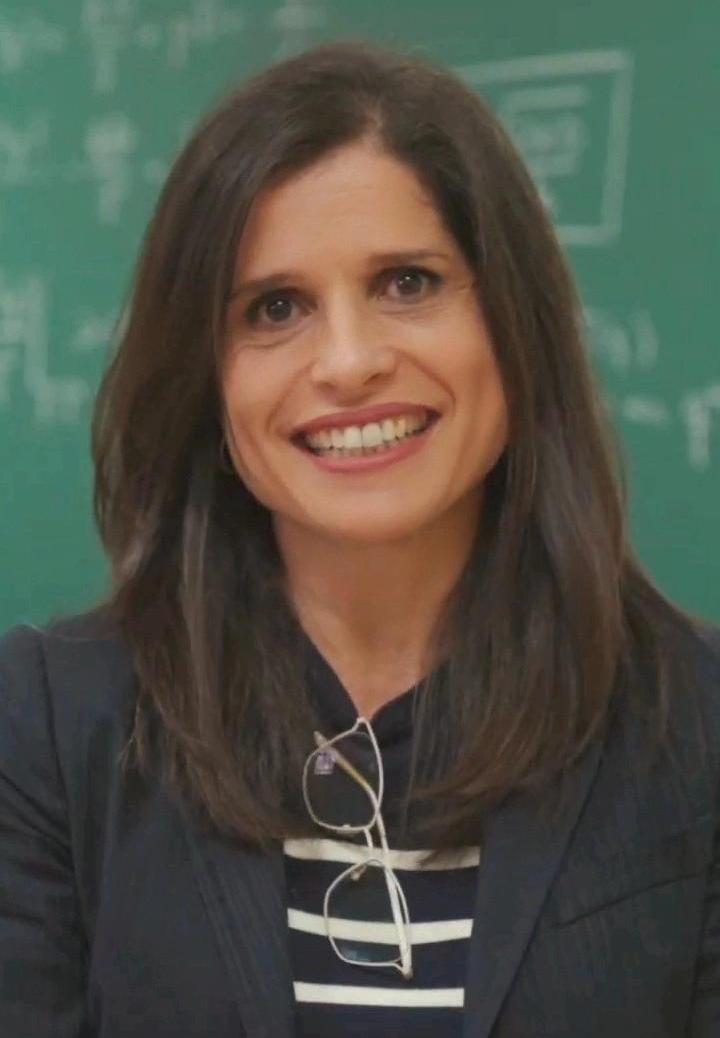 | Prof. Raquel Caballero Águila University of Jaén, Spain Raquel Caballero-Águila is a Professor in the Department of Statistics and Operations Research at the University of Jaén, Spain. She received her MSc and PhD degrees in Mathematics from the University of Granada, Spain, in 1997 and 1999, respectively. Her research interests include time-varying stochastic systems, complex networks and design of estimation al algorithms to address emerging challenges in networked systems. Prof. Caballero-Águila has authored numerousscientific papers in refereed international journals indexed in Journal Citation Reports (JCR) and has been included in recent editions of the Spanish National Research Council (CSIC) ranking of most cited Spanish female researchers. She has participated in different research projects both as a research member and as a principal investigator. She serves as a reviewer for Mathematical Reviews and is an academic editor for the journals Mathematical Problems in Engineering, Journal of Control Science and Engineering, and Systems Science and Control Engineering. In addition, she has reviewed for prestigious international journals, and has actively contributed to the organization and chairing of sessions at international conferences. Her research has been further enriched through international collaborations, including research visits to Kagoshima University (Japan) and Harbin University of Science and Technology (China) |
 | Dr. Chaoqing Jia Harbin University of Science and Technology, China Chaoqing Jia is an Associate Professor and Master Supervisor in the Department of Artificial Intelligence, Harbin University of Science and Technology, Harbin, China.Hereceived the Ph.D. degree in Operational Research and Cybernetics from the Department ofApplied Mathematics, Harbin University of Science and Technology, Harbin, China, in 2022.FromFebruary 2024 toFebruary 2025, he was an academic visitor with the Department of Computer Science, Brunel University London, Uxbridge, U.K. He has published over 20 SCI indexed papers, authored 2 monographs, and granted 8 invention patents. Moreover, he has hosted 6 projects under research including National Natural Science Foundation of China, Heilongjiang Provincial Natural Science Foundation of China, Heilongjiang Provincial Postdoctoral Science Foundation of China, etc.He isanIEEE Member andactive reviewer for many international journals and conferences. His research interests include distributed filtering and optimal state estimation for complex dynamical systems. |
Keynote Speakers of ISEAE 2024
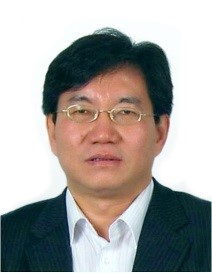 | Prof. Fushuan Wen, Zhejiang University, China(IEEE Fellow) 文福拴教授,浙江大学 Professor Fushuan Wen received the BE and ME degrees from Tianjin University, Tianjin, China, in 1985 and 1988, respectively, and the PhD degree from Zhejiang University, Hangzhou, China, in 1991, all in electrical engineering. He joined the faculty of Zhejiang University in 1991, and has been a full professor and the director of the Institute of Power Economics and Information since 1997, and the director of Zhejiang University-Insigma Joint Research Center for Smart Grids since 2010. He has been undertaking various teaching, research and visiting appointments in National University of Singapore (NSTB Postdoctoral Fellow, Research Fellow), Hong Kong Polytechnic University (Research Fellow, Visiting Assistant Professor), University of Hong Kong (Research Assistant Professor), South China University of Technology (University Distinguished Professor), University of New South Wales in Australia (ARC Project Senior Fellow, Senior Visiting Fellow), Queensland University of Technology in Australia (CSIRO and ARC Project Visiting Fellow), Brunei University of Technology (Professor in Power Systems), Technical University of Denmark (Otto Monsted Guest Professor in Power Systems), Nanyang Technological University in Singapore (Visiting Fellow), Murdoch University in Australia (Adjunct Professor), Tallinn University of Technology (Professor in Energy Systems), Hangzhou Dianzi University in China (Yusheng XUE Education Foundation Distinguished Professor), Commonwealth Scientific and Industrial Research Organization (CSIRO) in Australia (Honorary Visiting Scientist), Shenzhen Institute of Artificial Intelligence and Robotics for Society (Visiting Principal Research Fellow) |
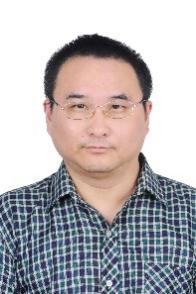 | Prof. Wei Yang, ChongQing University, China 杨为教授,重庆大学 He is a professor and doctoral supervisor in the College of Mechanical and Vehicle Engineering of Chongqing University. He is one of the "Double Innovation" talents in Jiangsu Province, a research mainstay of the "Changjiang Scholar and Innovation Team Development Program" of the Ministry of Education and the National Defense Science and Technology Innovation Team. He is an expert in the National Science and Technology Progress Award and the Science Progress Award of the Ministry of Education. He has long been engaged in the research of high performance manufacturing technology and major equipment, new energy vehicles and intelligent robots. He is responsible for or has conducted more than 50 scientific research projects entrusted by national, provincial and ministerial levels and enterprises. He has received one first-class award, three second-class awards and four third-class awards at provincial and ministerial level. He has published more than 100 papers in Mechanical Systems and Signal Processing, Proc. IMechE, Part K,Journal of Vibroengineering, IEEE TRANSACTIONS ON MAGNETIGS,etc in important academic journals and international conferences. He has nearly 30 EI/SCI citing article,and has been granted more than 20 invention patents and software copyrights. |
| Prof. Tao Lei, Shaanxi University of Science and Technology, China (IEEE Senior Member) Tao Lei is currently a Professor with the School of electric Information and Artificial Intelligence, Shaanxi University of Science and Technology. He is a senior member of IEEE, CCF, and CSIG. He was selected into the Shaanxi Province High-level Talent Program in 2017. He has served at more than ten international conferences as co-chair, co-publication chair, and co-award chair. His current research interests include image processing, pattern recognition, and machine learning. He has authored and co-authored 80+ research papers including IEEE TIP, TFS, TGRS, TCDS, TRPMS, ICASSP, ICME, ICIP, and FG, where 3 papers are selected as ESI highly cited papers. The google scholar citation is 2000+. As a project leader, he hosts the National Natural Science Foundation of China (four projects), the Outstanding Youth Fund of Shaanxi Province, and the Key Research and Development Program of Shaanxi. |
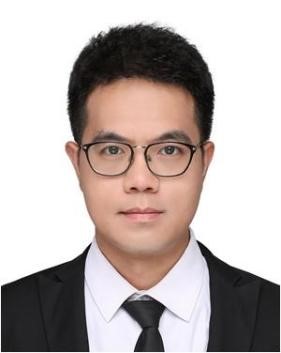 | Prof. Yiming Zhang,Fuzhou University, China |
Keynote Speakers of ISEAE 2023
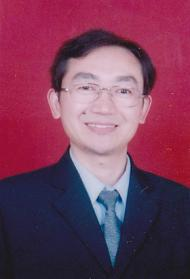 | Prof. Yigang He, Wuhan University, China 何怡刚教授,武汉大学 Title: Power Electronic Conversion Technology for New Energy Vehicles Abstract: Most of today’s battery-electric vehicles use battery configurations, resulting in the 150~450V DC-link voltage range, and this high voltage configuration is often called the 400V system. In contrast, in electrified truck and construction vehicles, the maximum DC-link voltage can reach 870 V, and this configuration is often called the 800V system. Currently, there are several high-end electric passenger vehicles under development utilizing the 800V system. This presentation discusses the benefits and challenges of using the 800V system in passenger vehicles. The key power electronic converters, including 800V soft switching DC-DC converter, 800V motor drive, integrated design of onboard charger and auxiliary power module, and hybrid switched-capacitor converter based power supplies, are analyzed and discussed. Experience: Yigang He received the M.Sc. degree in electrical engineering from Hunan University, Changsha,China, in 1992 and the Ph.D. degree in electrical engineering from Xi’an Jiaotong University, Xi’an,China, in 1996.In 1990, he joined the College of Electrical and Information Engineering, Hunan University and was promoted to Associate Professor, Professor in 1996, 1999, respectively. From 2006 to 2011, he worked as the Director of the Institute of Testing Technology for Circuits and Systems, Hunan University. He was a Senior Visiting Scholar with the University of Hertfordshire, Hatfield, U.K., in 2002. From 2011 to 2017, he worked as the Head of School of Electrical Engineering and Automation, Hefei University of Technology. In October 1,2017, he joined the Wuhan University, China, and currently works as the vice-Head of School of Electrical Engineering and Automation , Wuhan University. Meanwhile he was vice president of China’s Energy Institute of Science and Technology, vice president of Anhui scientists Entrepreneurs Association, director of the state local joint engineering laboratory for renewable energy grid technology. His teaching and research interests are in the areas of power electronic circuit theory and its applications, testing and fault diagnosis of analog and mixed-signal circuits, electrical signal detection, smart grid ,satellite communication monitoring, and intelligent signal processing. On the above research areas he has presided over a number of state-level projects research such as the National Natural Science Foundation of China, the State Key Program of National Natural Science Foundation of China,the national key research and development plan "important scientific instruments and equipment development", the National High Technology Research and Development Program of China, the Major State Basic Research Development Program of China ,etc. He has published some 300 journal and conference papers which was included more than 1000 times in Science Citation Index of American Institute for Scientific Information in the aforementioned areas and several chapters in edited books.Dr. He has been the general chair, session chair and the committee member of a lot of international academic conferences respectively. He was the recipient of a number of national and international awards, prizes, and honors. For example, he was the winner of national outstanding youth science fund, China national excellent science and technology worker. |
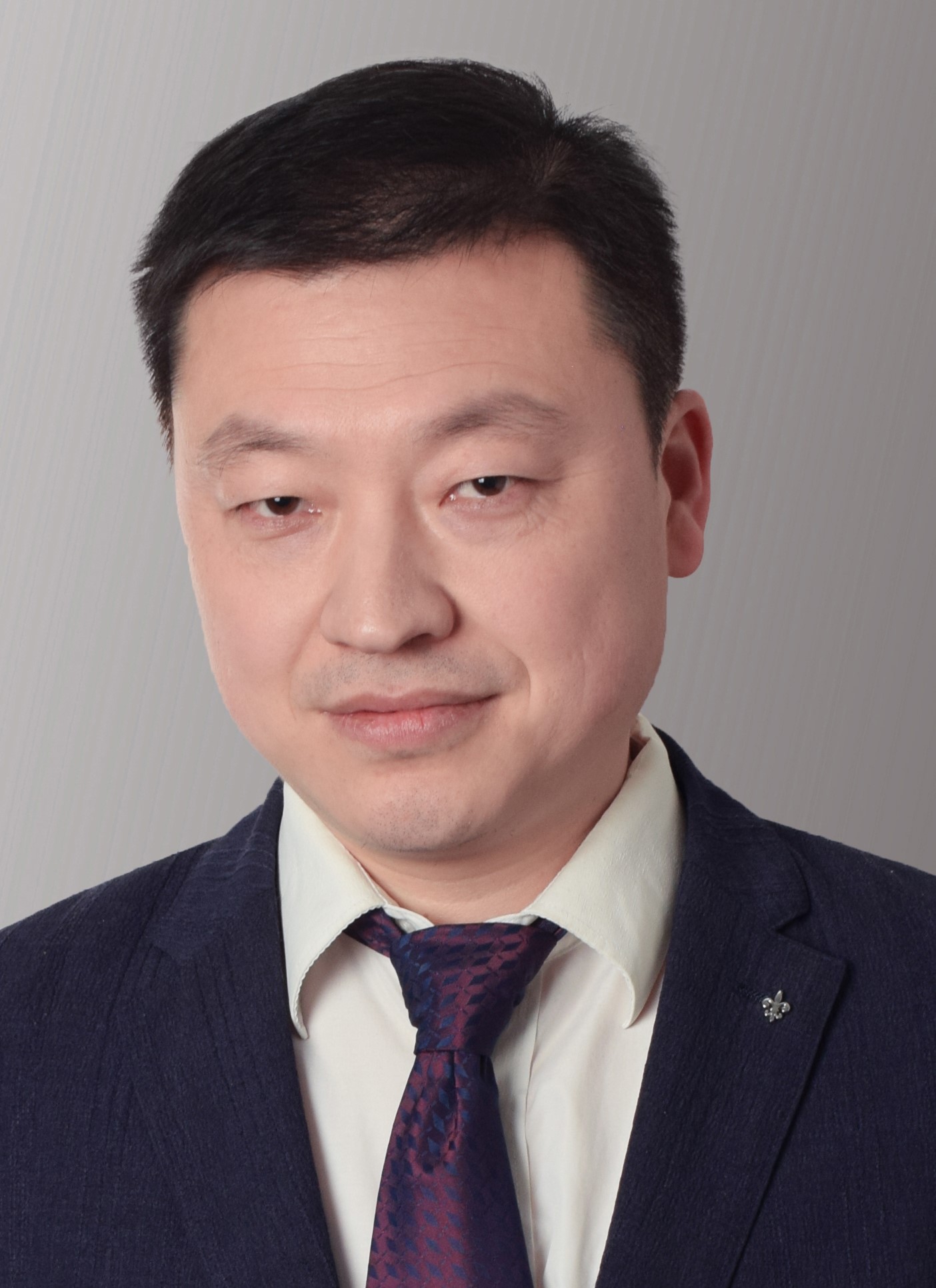 | Prof. Kai Yang, Huazhong University of Science and Technology, China 杨凯教授,华中科技大学 Title: Advanced model predictive control of multiphase electric machines Abstract: The multiphase machines have been widely explored in industries and academia in the past years, since they can achieve the advantages of lower power rating per phase, lower torque pulsation and better fault tolerant capability. Thus, the multiphase machines are more preferred than the three-phase counterparts in high power and safety-critical applications, such as electric ship propulsion, elevator, wind power generation and so on. In addition, the model predictive control (MPC) has emerged as a competitive technique for the control of machine drives and power electronics in recent years. There are still many challenges imposed on the MPC when it is applied in conjunction with the multiphase machines. First, in the conventional MPC, the number of prediction vectors increases exponentially as the number of phase increases. Secondly, high amount of harmonic currents is introduced due to the small leakage impedance of the winding structure of asymmetrical six-phase machines. Thirdly, the parameter mismatch will result in prediction error, thus degrading the control performance. Advanced model predictive control strategies are desired to exploit the potential of multiphase machines. Experience: Visiting scholar at the University of Leuven in Belgium and visiting professor at the University of Changwon in Korea. In recent years, he has presided over four National Natural Science Fund projects, two major national science and technology projects, one national support plan, one 863 Project, one provincial fund, one international cooperation project, and more than 40 other school-enterprise cooperation projects. He has published more than 200 papers of the first author in the important academic journals at home and abroad, among which 170 papers are included in Sci/ei. There are 42 patents for invention and 28 patents for utility model. |
 | Prof. Qiang Yang, Zhejiang University, China 杨强教授,浙江大学 Title: Renewable Energy Dominated Power Systems - Technological Challenges, Research Cases, and Future Prospects Abstract: This speech will outline the recent advances of Renewable Energy Dominated Power Systems from a number of aspects, including the technological challenges and future development trends. Several research cases and results will be reported with analysis and discussions. This talk hopes to bring some new insights into the recent studies in the area from the recent research activities carried out by the research group. Specifically, multi-energy planning and control, the intelligent maintenance of large-scale system infrastructures as well as system cybersecurity issues are discussed. Experience: Qiang Yang (M’03-SM’18) received Ph.D. degree in Electronic Engineering and Computer Science from Queen Mary, University of London, London, U.K., in 2007 and worked in the Department of Electrical and Electronic Engineering at Imperial College London, U.K., from 2007 to 2010. He visited the University of British Columbia and the University of Victoria Canada as a visiting scholar in 2015 and 2016. He is currently a full Professor at the College of Electrical Engineering, Zhejiang University, China, and has published more than 240 technical papers, filed 48 national patents, co-authored 2 books, and edited 2 books and several book chapters. His research interests over the years include smart energy systems, large-scale complex network modeling, control and optimization, learning based optimization and control. He is a Fellow of the British Computer Society (BCS), a Senior Member of IEEE, IET and the Senior Member of China Computer Federation (CCF). |
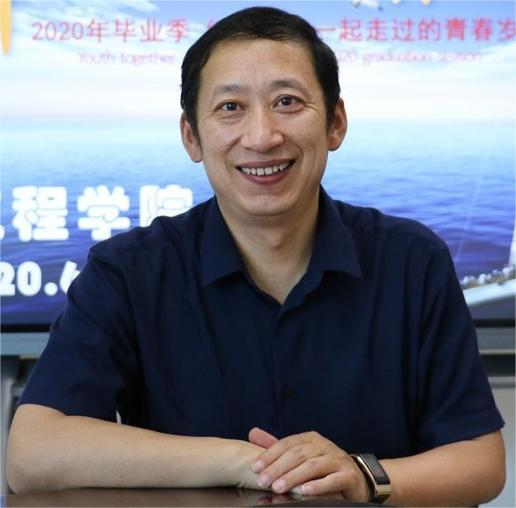 | Prof. Gang Qiao, Harbin Engineering University, China 乔钢教授 哈尔滨工程大学 Title: Application and challenges of marine information technology Abstract: This paper introduces the demand and application of marine information technology in military and civil fields. The current situation and development trend of marine information technology, including underwater detection, communication, navigation, positioning and other information technologies, are emphatically analyzed, and the technical challenges, solutions, technical capabilities and typical applications of underwater information systems are introduced. Experience: Qiao Gang has been a full Professor with Harbin Engineering University (HEU), and served as the dean of College of Underwater Acoustic (UWA) Engineering, HEU. He is also the director of National Key Laboratory of UWA Science and Technology, and the director-general of Acoustical Society of Heilongjiang Province. His research interests lie in the areas of UWA communication and networking, bionic UWA communication and detection, UWA localization and navigation technologies. He and his group proposed the full-duplex UWA communication system and bionic covert UWA communications, and developed a series of UWA modems. He published over 150 papers, got over 50 China National Invention Patents and achieved over 10 Provincial and Ministerial-Level Science and Technology Awards. |
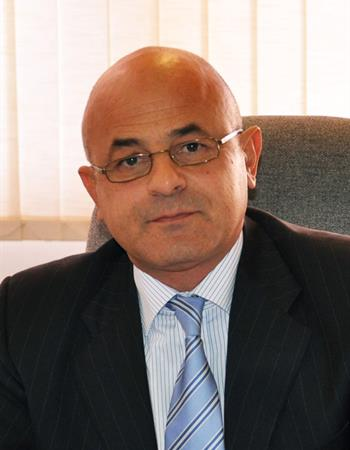 | Prof. Rza Bashirov, Eastern Mediterranean University Title:Interplay between paradigms - how to select an appropriate approach for modeling biological systems Abstract:Quantitative modeling of biological systems with Petri nets has undergone a renaissance over the past two decades. In spite of ever-growing numbers of models, it is still a question whether such models are biologically relevant. Despite the fact that most of the biological processes are mesoscopic in scale, the majority of models is based on deterministic predictions, which cannot quantify uncertainties and randomness inherent in such biological processes. Choice between deterministic, stochastic and fuzzy parameters and aspects; that is, what modeling approach to use to approximate biological systems to the desired relevance, and how to measure the parallels and discrepancies between modeling paradigms, are the main questions addressed in this work. We use Petri nets with continuous, hybrid, stochastic and fuzzy extensions to exemplify case studies. Statistical analysis reveals significant deviations between simulation results collected from three modeling approaches. Since underlying biological systems are at the mesoscopic-scale, we conclude that fuzzy stochastic approach produces quantitative results with the most biological relevance. Keywords:Quantitative modeling; Discrete, continuous and hybrid Petri nets Determinism; Stochasticity; Randomness; Uncertainty; Fuzzy sets; Statistical analysis. |

